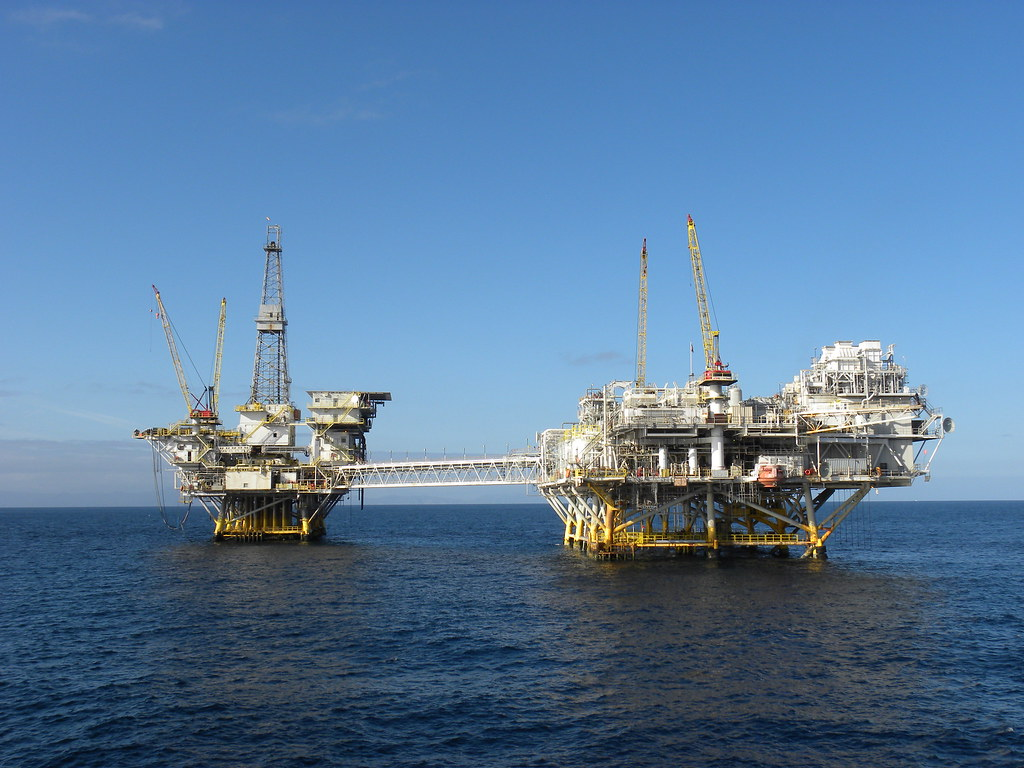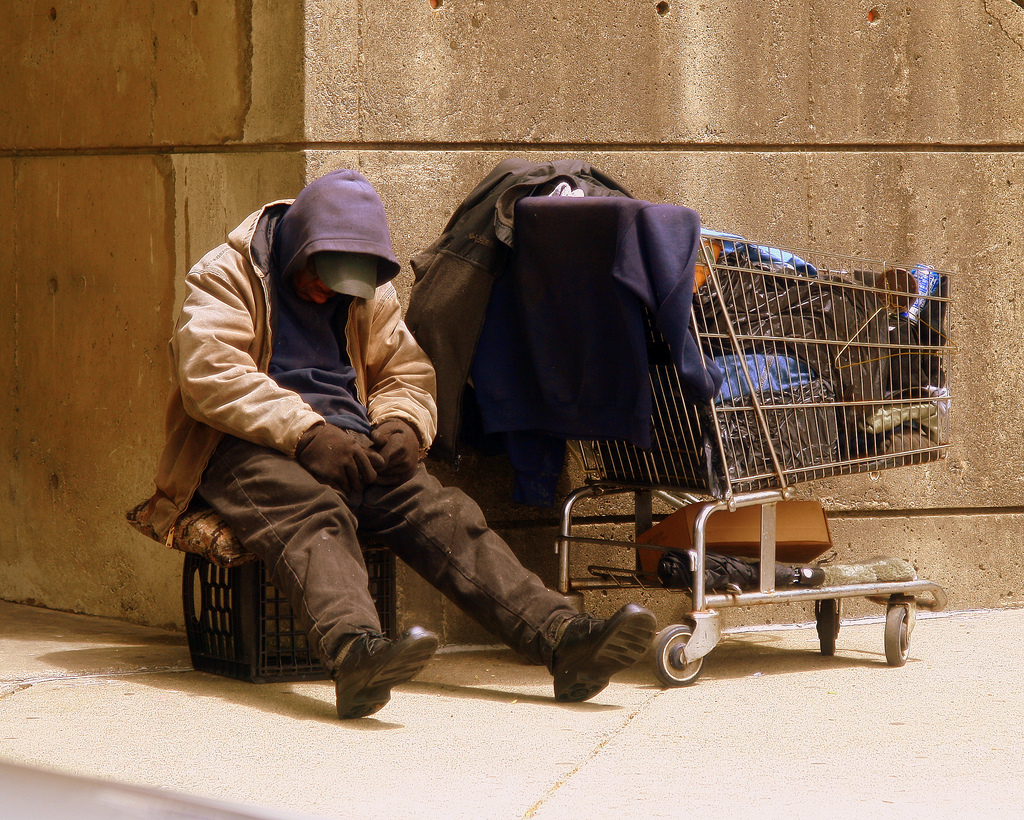October 2, 2021, an Amplify Energy pipe leaked over 100,000 gallons of oil off the coast of Huntington Beach, CA.
Amplify Energy is one of the largest oil producers in Southern California, owning three oil platforms in an oil field called the Beta Field.
CEO, Martyn Willsher, said that Amplify Energy will do everything in their power to make this a quick recovery.
The spill happened about 4 miles off the shoreline from a San Pedro pipeline stretching more than 17 miles. The pipe is connected to the Long Beach pumping station called Elly.
Divers, along with Remotely Operated Vehicles (ROVs) had been deployed to find that, “The pipeline has essentially been pulled like a bow string,", Willsher said.
A portion of the pipe was moved over 100 feet laterally. A ship’s anchor could have been dropped where the pipe is and punctured it.
Amplify Energy received an alarm indicating low pressure in the pipe at 2:30 AM EDT (Eastern Time Zone) on Saturday, October 2.
However the pipe wasn’t shut down until 6 AM EDT, the US Coast Guard wasn’t notified until 9:10 in the morning, and an official report to the National Response Center wasn’t made until 12:07 EDT.
The slick spans 13 square miles, leaking into Newport Beach’s coast, and into coastal wetlands, including the Talbert Marsh. The oil was moving south with the currents, reaching Dana Point.
However, booms, floating barriers, have prevented oil from getting into the Bolsa Chica wetlands. Clams, oysters, and crabs living in the wetlands could be at risk. No birds or fish have died there yet, but two birds have been coated.
Birds, marine mammals, and bottom dwelling animals are at the highest risk; the oil breaks down birds’ natural waterproofing ability and causes damage to their internal organs.
On Sunday at the beaches, 4 oil coated birds have been found, including a brown pelican who was euthanized on site. The pelican’s wing had already been severely injured.
By then, local officials had already closed the beaches.
When the oil gets into the sand, they form ball-like patties. And when you touch them, the oil spreads more, making it more difficult to clean it up.
Those patties were up and down the sand of the affected beaches. Orange County Supervisor, Katrina Foley, described the oil balls as little “egg yolks”.
Fisheries had been shut down near the slick. Continuing to fish near tainted waters could potentially lead to contaminated fish and threaten public health. Newport Harbor had also been closed down.
The US Coast Guard was using booms to isolate the oil, then skimmers to remove the oil from the water.
The oil-sand-egg yolk patties were being shoveled by hand into bags.
The animals that have been affected near or at the beachers got veterinary help.
And while cleaning oil from the sand and water is not an easy task, cleaning oil from marshes and wetlands is much more difficult. Sending people into those habitats can be just as damaging as the spill itself. Lots of disturbances like that could potentially completely destroy that fragile ecosystem.
But this isn’t the first time an oil spill has happened in Huntington Beach. Nearly 30 years ago, the American Trader ran over its anchor nearshore, puncturing its hull, and spilling 416,598 gallons of British Petroleum crude oil.



